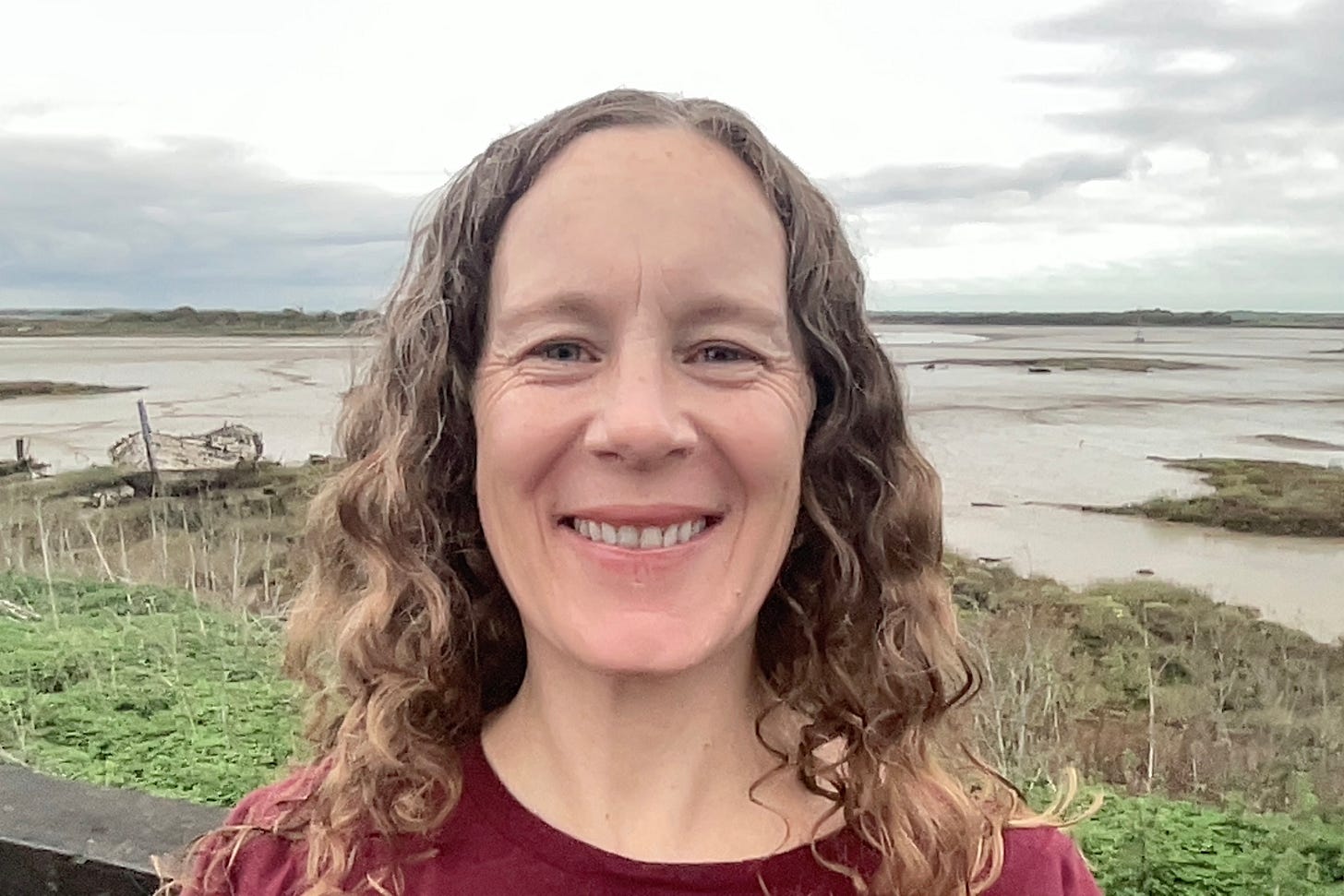“Really great blog. Glad I could provide fodder for your excellent piece.” — David Diamond, Ph.D. in biology/neuroscience, Professor, University of South Florida
“I'm so glad you're writing this newsletter. . . . I'd not heard of a few of these studies and will need to do some revision in my book! Thank you for being so diligent about current studies re HSP." — Carol D. Marsh
“I’m impressed by how thoughtfully you’ve summarized the findings. You got it absolutely right!” — Jiaqi Shi, first author, Sensory Processing Sensitivity and Compassion Fatigue in Intensive Care Unit Nurses: A Chain Mediation Model (2025)
Why I started this newsletter
I began writing about research because I was fed up with the media’s inaccurate reporting about research.
All too often, they state, “the science tells us . . .” and then go on to report exactly what the science doesn’t tell us.
I’m not just talking about corporate-funded, mainstream media. I’m also talking about independent journalism with no financial bias.
Too many smart people confuse evidence with powerful institutions. Just because powerful institutions sometimes follow the evidence doesn’t mean they always do.
As citizens in a democracy1, it’s our responsibility to verify what powerful institutions tell us.
If you come across a news piece that mentions what "the evidence says" but you don't have time to verify it, send it over to me. I’ll determine whether the cited studies actually support the claim. There are few activities I enjoy more on a Saturday night than scouring a research database.
If you don’t have time to read long newsletters, this is for you. Respecting that you have a busy life, I try to keep my posts short and succinct. If you just want to know what the research actually says, this is for you. If you like the fact that my career doesn’t depend on spinning content a certain way, this is for you.
The fundamentals of research are not complicated. I’m not a doctor or scientist. My degrees are in psychology and education. The research methods courses I took as an undergrad (at Wellesley College) and as a grad student (at New Mexico State University) taught me how to interpret research. Any literate person can learn to use research databases and read studies critically.
Moreover, I don’t want or expect you to take my word for anything. That’s why I provide all my sources so you can come to your own conclusions.
What’s With the Name?
The name of this newsletter, Mirrors, Signal, Blind Spot, has multiple meanings.
“Mirrors” is a nod to the expression “smoke & mirrors,” which I like to think I’m helping to dispel.
“Signal” makes me think of virtue signaling, an all too common substitute for integrity.
“Mirrors, signal, blind spot” is the mantra I learned at sixteen in driver’s ed.
Likewise, in the free exchange of information, we all must remember to check our blind spots.
or a republic, if that’s the term you prefer


